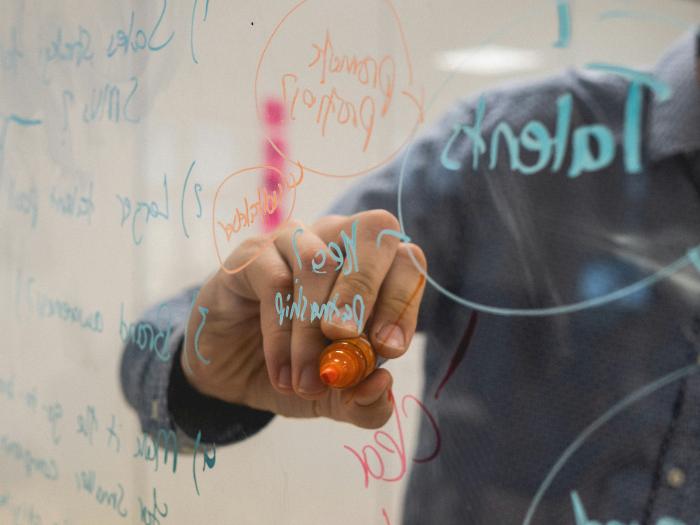
On 13 February, the Smart Cities Marketplace hosted a webinar titled "How can innovation from companies and universities be an asset for your smart city transition?". The session brought together experts from across Europe to explore how cities can effectively leverage innovation from research institutions and businesses to advance their smart city goals.
Speakers and Key Insights
Külle Tärnov, Head of Innovation, FinEst Centre for Smart Cities (Estonia)
Külle Tärnov presented the Smart City Piloting Programme by the FinEst Centre for Smart Cities, an international research and development centre dedicated to improving urban quality of life. The programme allows cities to propose smart city challenges that require a research component. A team of researchers then develops, pilots, and prepares these solutions for commercialization. The next call for city challenges proposals will be launched in Fall 2025 and is open for all European cities.
Christian Gaarde Nielsen, Team Leader, Copenhagen Solutions Lab (Denmark)
Representing the Copenhagen Solutions Lab, Christian Gaarde Nielsen detailed how the Lab acts as an internal consultant for the municipality, leading innovation projects based on municipal needs. The process starts with a deep scoping of innovation needs, ensuring the city pursues the most effective solution rather than what may initially seem like the right approach. The transformative innovation process typically spans several years, from idea maturation and proof-of-concept testing to full implementation and tendering.
Alejandro López Parejo, General Coordinator of Healthy Homes and Regeneration Strategies, EMSV – Getafe City Council (Spain)
Alejandro López Parejo shared insights from Getafe’s initiatives in tackling energy poverty and urban revitalisation. The city’s interventions operate at multiple levels—urban, building, and home—through collaboration with universities, NGOs, and other partners. The ultimate objective is to reverse urban inequality and combat energy poverty through both long-term structural planning and on-the-ground actions.
Key Takeaways: Preconditions for Successful Innovation Transfer
The discussion highlighted three essential preconditions for transferring innovation from universities and companies to smart city initiatives:
- Clearly Defined Goals – Cities must first establish a precise vision and purpose for their smart city agenda and projects.
- Understanding Citizen Needs – Innovation should be driven by the real needs of the people before launching new processes.
- Open Dialogue Among Stakeholders – Continuous engagement with city officials, researchers, and companies is crucial to balancing different timelines and expectations.
